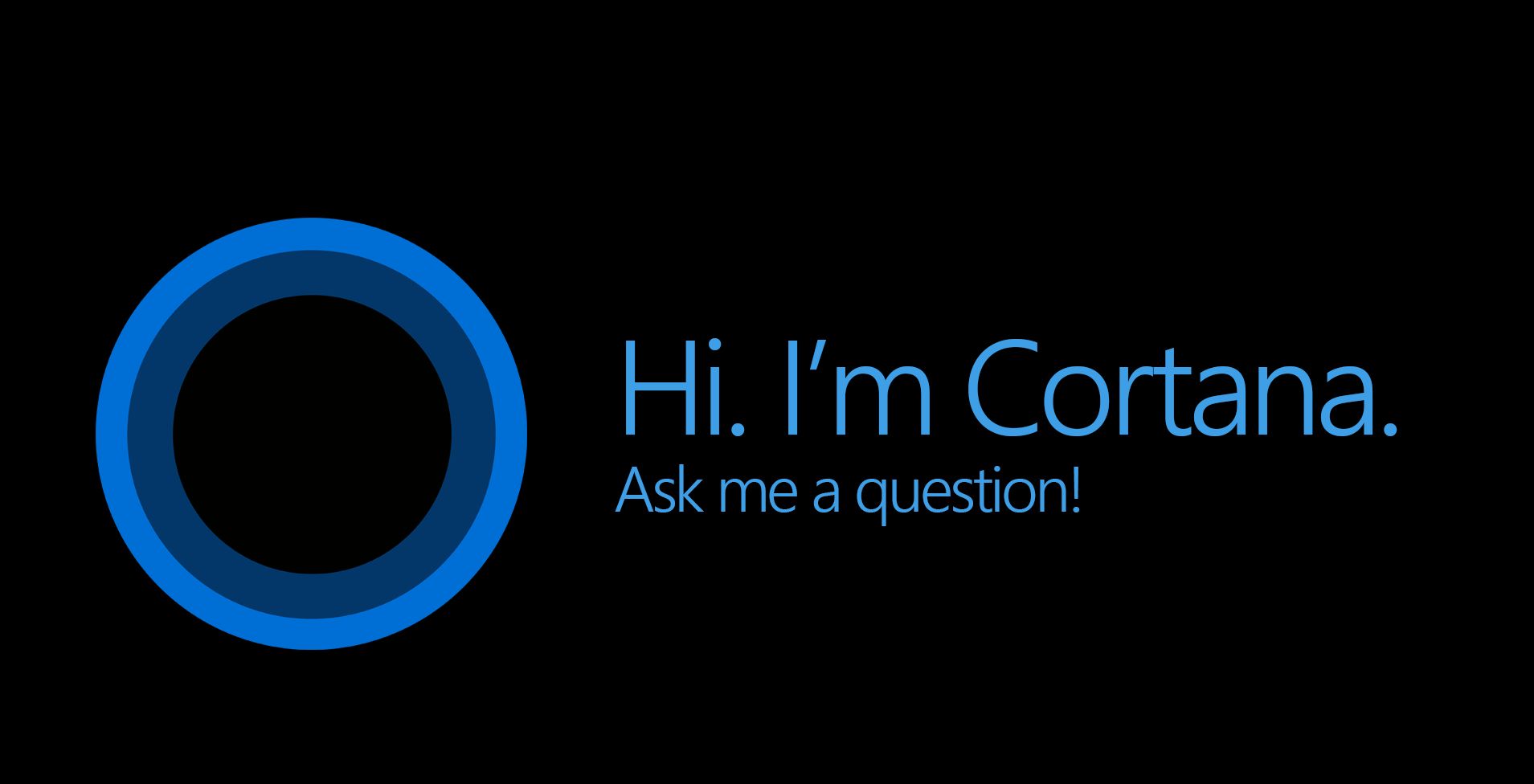Making the case for a Microsoft Edge/Bing-only Cortana: Not that big a deal.
Open any number of tech-news articles in the wild: what are the most common headlines about Microsoft? Here is a quick refresh from April 30th:
“The Digital Assistant Cortana Has a One-Track Mind: Microsoft” - Wall St. Journal
“Cortana Web searches in Windows 10 will now only be able to open Edge and Bing” - Ars Technica
“Microsoft Tells Users To Use Bing For Cortana Searches In Windows 10” - RTT News

Not so subtle, isn’t it? It’s hard to be objective when a popular bias is bing(... oops), “being” established about a tech company who happens to own the lion’s share of operating system presence on consumer’s PCs worldwide.
With that said, when competing forces in the industry, like Apple or Google do the exact same thing, the emphasis on the proprietary nature of the service, fades into other stronger aspects, like design and innovation, in Apple’s case, or deep learning and experimental technologies, in Alphabet Inc.’s case.
If we were going by common sense, instead of bias, there is a way to see what Microsoft is doing, that makes perfect sense from a consumer’s point of view, aside from the obvious profitability, which is “kind of necessary” to keep a company running.
Microsoft is a very different company from what it was prior to Satya Nadella stepping in, and it no longer relies exclusively on the PC market to pay the bills. It would not be completely out of line to say that Microsoft is now sitting in between Apple and Google, with just a hint of Samsung, for flavor.
What about this “Microsoft-only” Cortana?
By looking at what Microsoft has turned the original Surface tablet into, it’s obvious that the company has now moved to a more ubiquitous state, where its presence does not have to be necessarily on PCs anymore. The fact that Windows 10 can be found on anything with a processor, from tablets and phones, to household appliances, gives Microsoft the flexibility it needs to venture into design concepts that would be simply too risky for other companies, especially Apple.
By this token, there is nothing stopping Microsoft from getting away with outlandish designs and bold moves, as long as the user experience remains consistent, and this is where detractors of this “new” Microsoft get a little confused, especially when Microsoft decides to restrict its own virtual assistant to open Microsoft Edge, and use its own search engine.
So... what’s the logic behind Microsoft’s new restriction on Cortana? Like we mentioned: user experience.
Microsoft Windows 10 is no longer just a desktop-bound monolith like Windows 7 or Windows 8. Previous versions of Windows were never this complex, for the mere fact that no prior version of Windows was ever designed with a virtual assistant.
The complexity required by a virtual assistant, whether it operates on a mobile platform or on a desktop, relies heavily on the applications available to it, and by this token, there is no way that any company actively invested in offering a virtual assistant as part of its services, can entrust 100% of its user experience to third party software, especially when it’s created by competing entities.
Microsoft Bing may not be as accurate and as powerful as Google, but the point of using Bing with Cortana, is to ensure that when users ask something to Microsoft’s virtual assistant, they get the response they expect, especially when giving commands to trigger local responses, like opening desktop apps, accessing local files, and getting instant information, like the weather, sports scores, or news.
Google Chrome works in the exact same way. How would your experience be if you set up Bing as Chrome’s search engine on your phone or tablet?
Reportedly, Apple is investing sizable resources in the integration of Siri into Mac OS X, and before bashing Microsoft for restricting Cortana to Microsoft Edge/Bing, let’s ask ourselves what kind of user experience we can expect, when setting up Siri to work with Chrome, or even a future Mac OS X version of Microsoft Edge, on a MacBook?
The priority, when interacting with virtual assistants, is about the quality of the information, and how the information is presented. Neither the latter, nor the former are optional, because no one likes to ask Siri or Google for directions using voice search while driving, if they expect to be greeted by a list of search results on a web browser, instead of turn-by-turn navigation.